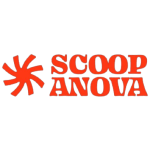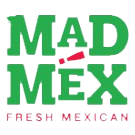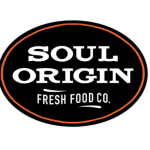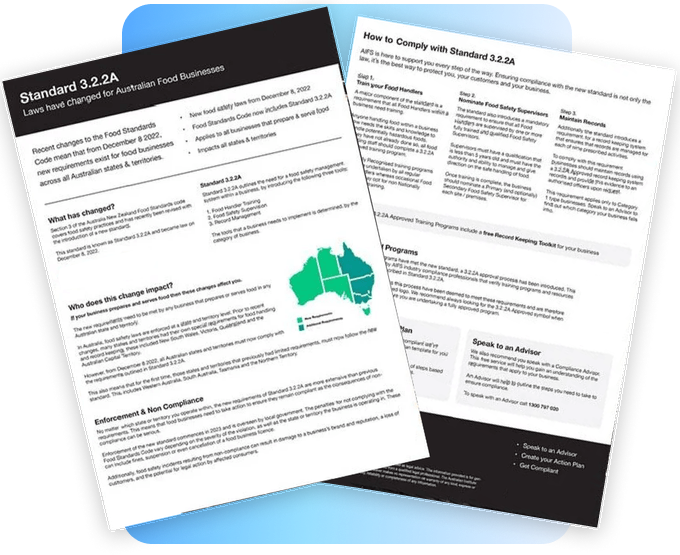
Standard 3.2.2A
Food Safety
Management Tools
Did you know?
On December 8, 2023, a new addition to the Australia New Zealand Food Standards Code came into effect. Standard 3.2.2A is designed to enhance food safety within Australian businesses in the food service, catering, and retail sectors that handle unpackaged, and potentially hazardous ready-to-eat food.
Who Does It Affect?
These values serve as the guiding force behind our team’s efforts to deliver success for our clients, ensuring their satisfaction and happiness. Moreover, they lead us to innovate and streamline processes, ultimately saving our clients valuable time and money. With Squizify, it’s not just about meeting compliance standards; it’s about transforming the way businesses operate and thrive.
Category One Businesses
These are caterers, food services, and businesses that handle and prepare unpackaged, potentially hazardous food for immediate consumption. This process increases the risk of contamination from harmful microorganisms and other hazards.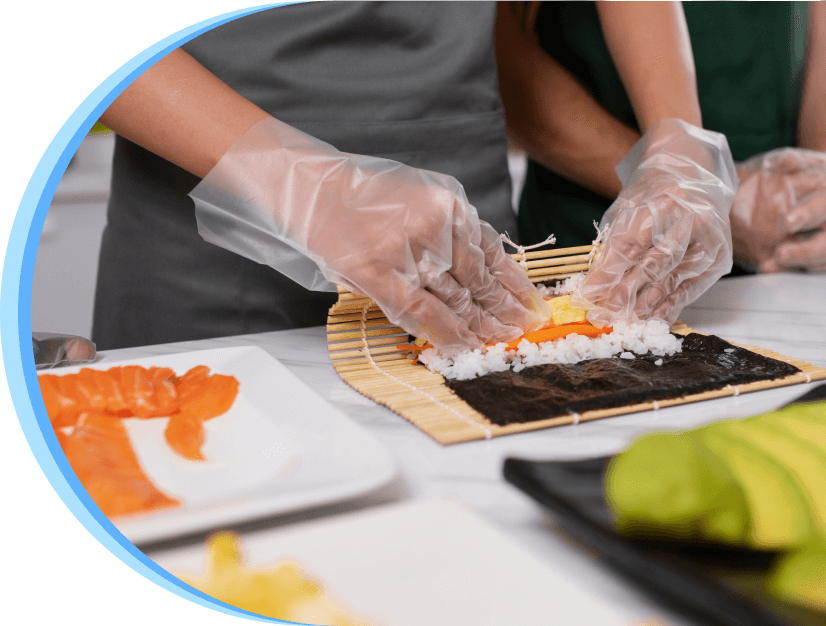
Category Two Businesses
These are retail businesses that sells unpackaged, potentially hazardous, ready-to-eat foods without on-site preparation (other than activities like slicing and weighing).
Exemptions
The standard does not apply to food handling for fundraising events, businesses solely engaged in food manufacturing or wholesale, and businesses not serving or retailing unpackaged potentially hazardous ready-to-eat food.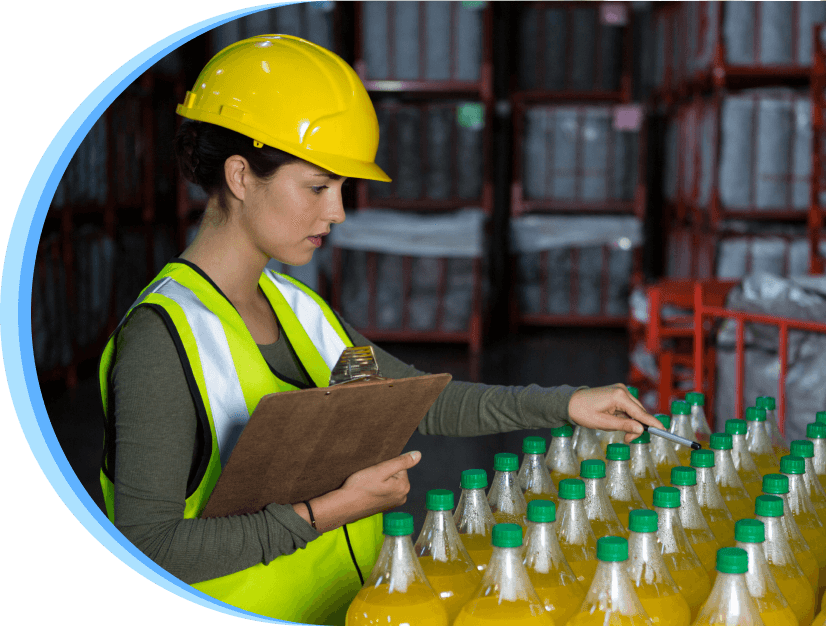
Category One Businesses
These are caterers, food services, and businesses that handle and prepare unpackaged, potentially hazardous food for immediate consumption. This process increases the risk of contamination from harmful microorganisms and other hazards.
Category Two Businesses
These are retail businesses that sells unpackaged, potentially hazardous, ready-to-eat foods without on-site preparation (other than activities like slicing and weighing).
Exemptions
The standard does not apply to food handling for fundraising events, businesses solely engaged in food manufacturing or wholesale, and businesses not serving or retailing unpackaged potentially hazardous ready-to-eat food.

Why Was The Standard Developed ?
This standard was developed to combat preventable foodborne illnesses and strengthen food safety in food service and retail sectors. Standard 3.2.2A addresses critical food safety risks and promotes knowledge, skills, supervision, and food handling practices for safer food preparation and service.
Food Safety Supervisor Certification
Category one and category two businesses must have a certified food safety supervisor. Certification must be obtained from a registered training organisation (RTO).
Food safety supervisors must renew certification every five years.
Food Handler Training
All food handlers in category one and category two businesses must complete food safety training. Training includes safe food handling, contamination prevention, cleaning, sanitisation, and personal hygiene.
Evidence Tools (Record Keeping)
Category one businesses must maintain records of critical food safety activities.
These records demonstrate food safety management to environmental health officers.
What is an Evidence Tool?
An evidence tool is a record that substantiates food safety management, including documents, electronic records, invoices, data logs, photos, or other means of recording critical food safety activities.
Record Keeping
Records must be kept daily, include dates, be accessible to environmental health officers, and retained for at least three months.
Comprehensive Food Safety
Management Solution
Squizify is a user-friendly food safety application designed to streamline temperature checks, manage food safety records, oversee cleaning tasks, mitigate risks, and ensure full compliance within the food service industry.
